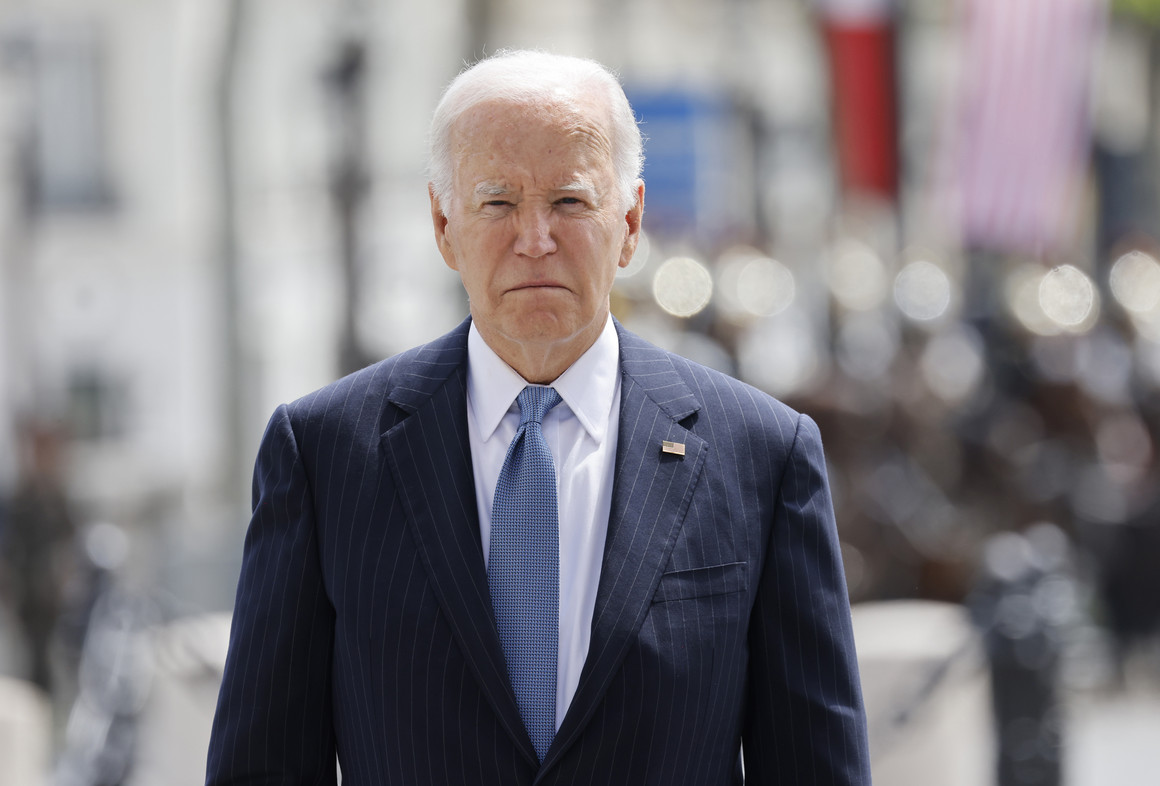Photo Credit: Getty Images
President Joe Biden announced the removal of Cuba from the US list of state sponsors of terrorism, a designation reinstated during Donald Trump's presidency in 2021. This development, coupled with Cuba's decision to release 553 prisoners, marks a potential turning point in the often tumultuous US-Cuba relationship.
The terrorism designation has long restricted Cuba's access to US economic aid and foreign investments, exacerbating an already dire economic situation on the island. According to the Cuban Ministry of Foreign Affairs, Biden's decision is a "step in the right direction" despite its "limited nature." The removal, however, is seen as a relief for Cuba's crippled economy, which faces acute shortages of food, fuel, and medicine.
This diplomatic thaw emerges from negotiations facilitated by the Vatican. Cuban President Miguel Díaz-Canel confirmed the prisoner release following talks with Pope Francis. While details remain sparse, it is anticipated that some of those freed will include individuals detained after the 2021 anti-government protests, the largest since Fidel Castro's 1959 revolution.
Rights groups have long criticized Cuba for imprisoning protesters under charges of sedition and vandalism. A senior Biden official stated, "There is broad bipartisan support for the release of those unjustly detained in Cuba," underscoring the humanitarian and political dimensions of the move.
Cuba's return to the US terrorism blacklist in 2021 was primarily tied to its alleged support for Venezuelan leader Nicolás Maduro and harboring US fugitives. The Cuban government refuted these claims, calling the designation politically motivated. A recent US review found "no credible evidence" supporting the allegation, laying the foundation for Biden's reversal.
This policy change could signal a broader re-engagement with Cuba, reminiscent of the Obama-era détente. Experts believe the easing of sanctions may encourage foreign investment and provide Cuba with much-needed economic relief. However, the long-standing US trade embargo on Cuba remains intact, a reminder of the enduring complexities in bilateral relations.
With President-elect Trump's return to office imminent, questions linger over the longevity of Biden's policy shift. Trump has promised a hardline stance on Cuba, with allies like Senator Marco Rubio advocating for the reinstatement of stringent measures. Rubio, whose family fled Cuba before the communist revolution, criticized Biden's approach, describing it as "naive."


